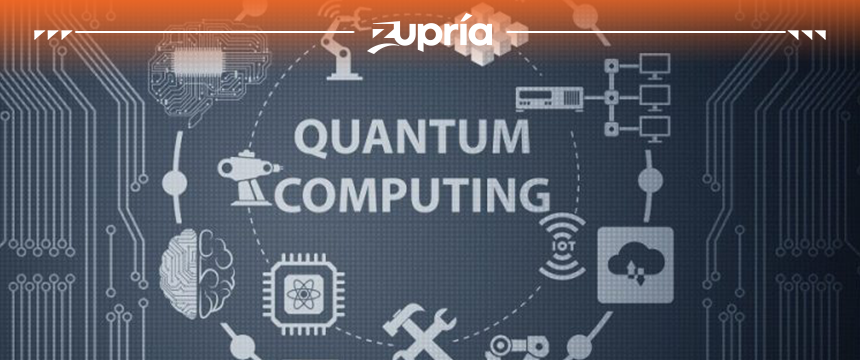Blog

Quantum Computing - the future or the present ?
Introduction
To speed computation, quantum computers tap directly into an unimaginably vast fabric of reality—the strange and counterintuitive world of quantum mechanics.
Quantum Computation
Rather than store information using bits represented by 0s or 1s as conventional digital computers do, quantum computers use quantum bits, or qubits, to encode information as 0s, 1s, or both at the same time. This superposition of states—along with the other quantum mechanical phenomena of entanglement and tunneling—enables quantum computers to manipulate enormous combinations of states at once.
Computational Control
Computation is performed by initializing the quantum processing unit (QPU) into a ground state of a known problem and annealing the system toward the problem to be solved such that it remains in a low energy state throughout the process. At the end of the computation, each qubit ends up as either a 0 or 1. This final state is the optimal or near-optimal solution to the problem to be solved.
Quantum Supremacy?
On October 23, 2019 Google announced that it had achieved "Quantum Supremacy," meaning that they had used a quantum computer to quickly solve a problem that a conventional computer would take an impractically long time (thousands of years) to solve. IBM immediately contested this claim, saying that their conventional supercomputers could solve the problem in a matter of days.
When will I get a quantum computer?
You’ll probably never have a quantum chip in your laptop or smartphone. There’s not going to be an iPhone Q. Quantum computers have been theorised about for decades, but the reason it’s taken so long for them to arrive is that they’re incredibly sensitive to interference.
Conclusion
Researchers have made great progress in developing the algorithms that quantum computers will use. But the devices themselves still need a lot more work.
Quantum computing could change the world – but right now, its future remains uncertain.

